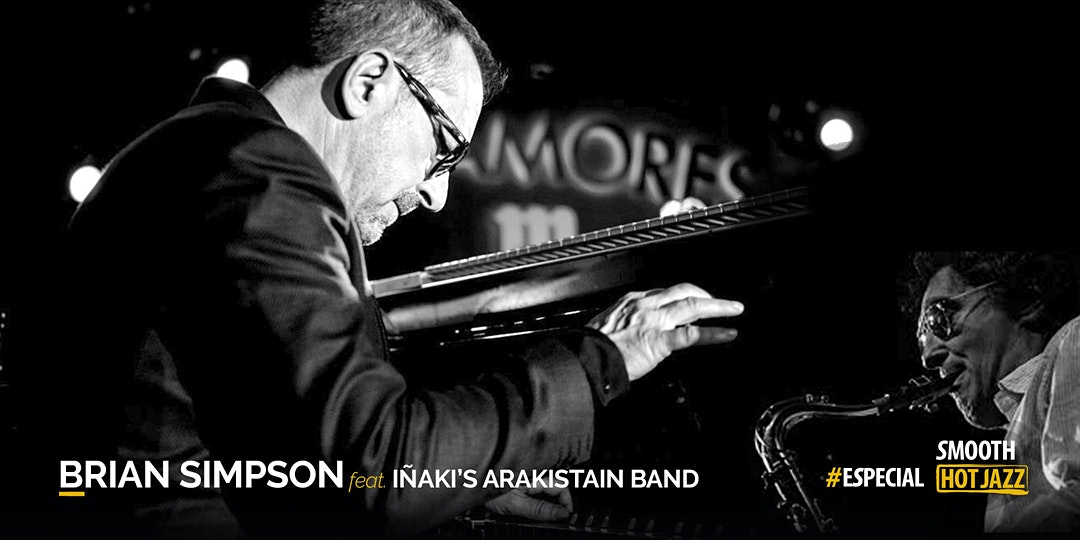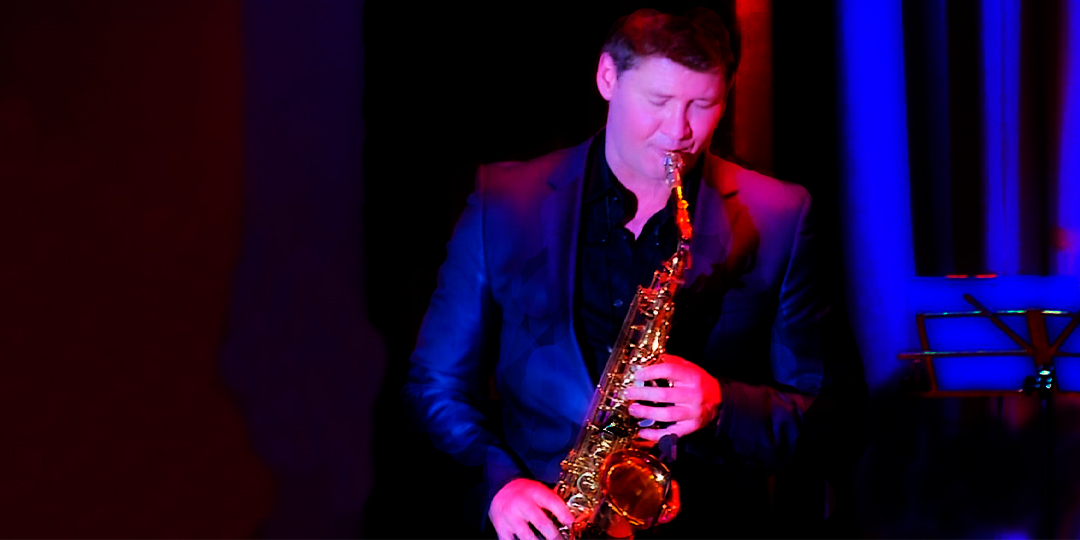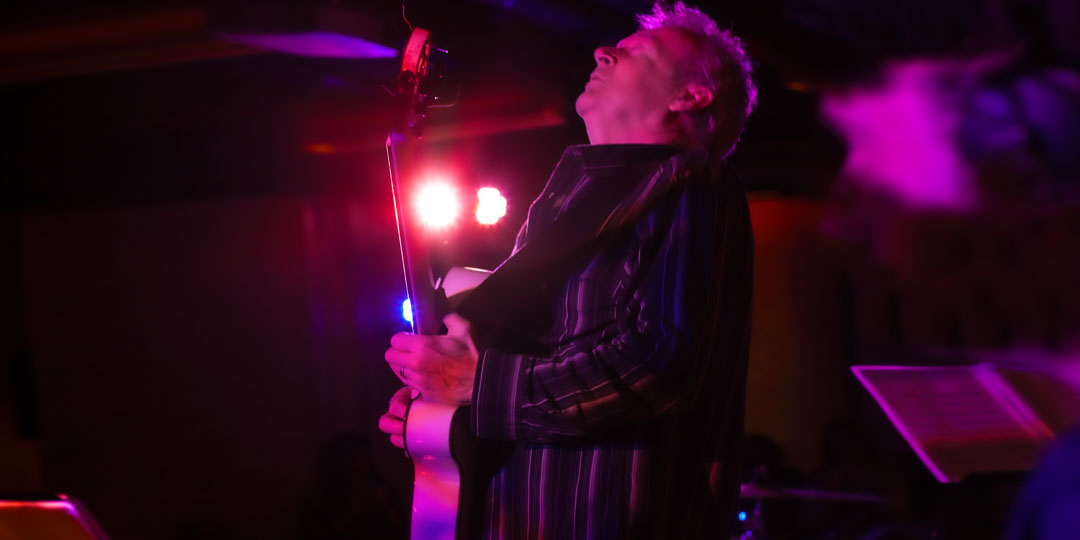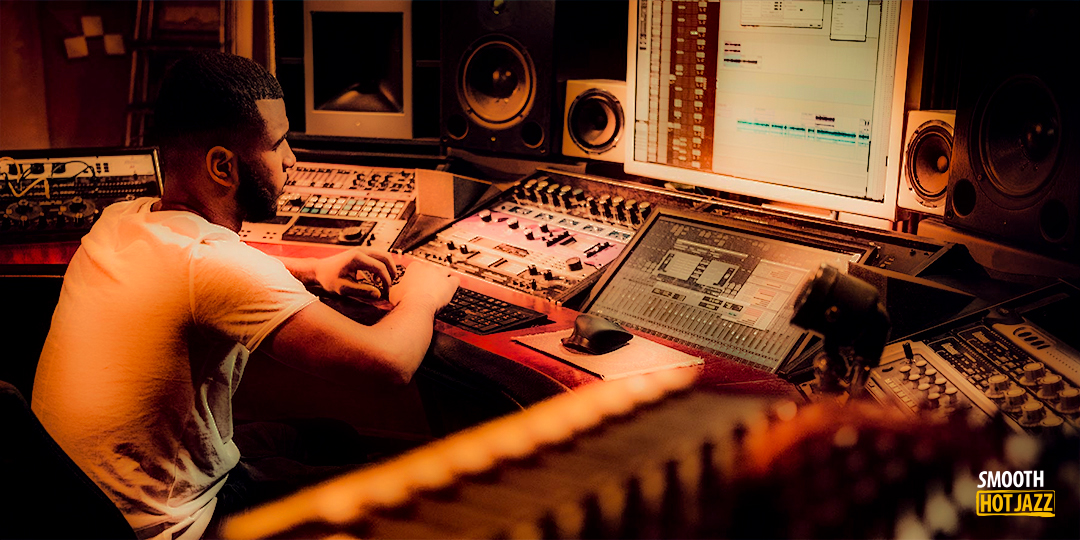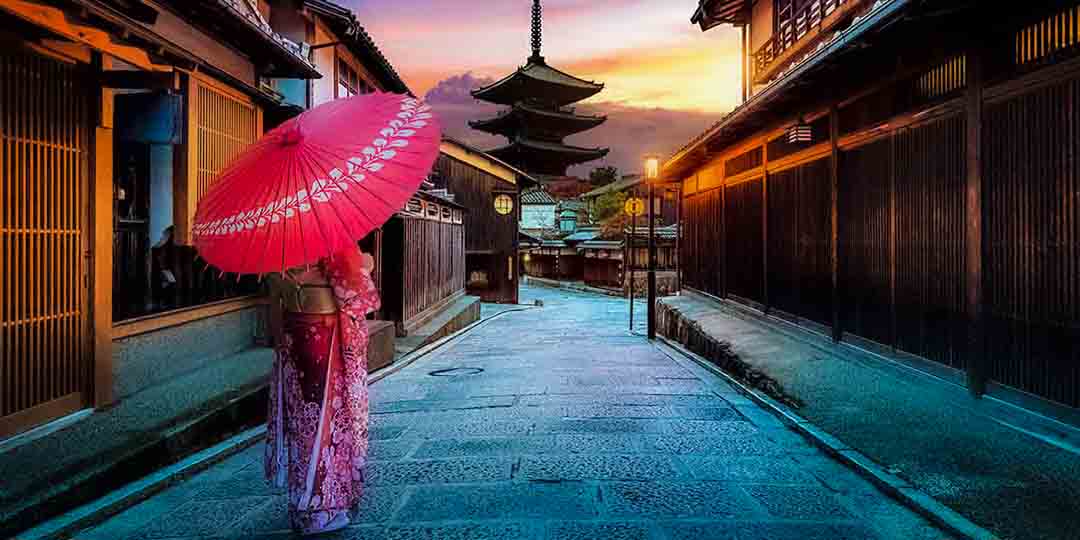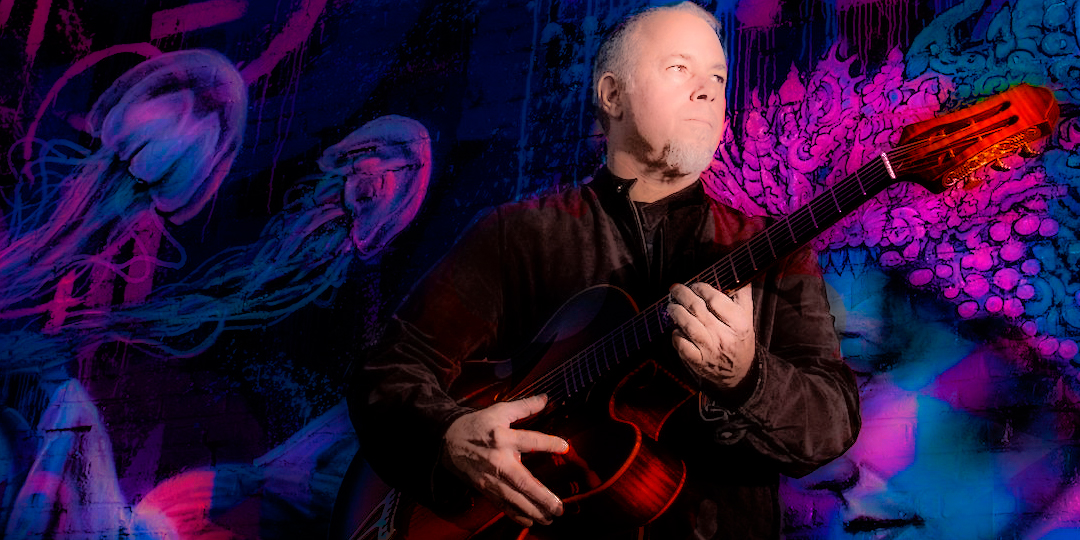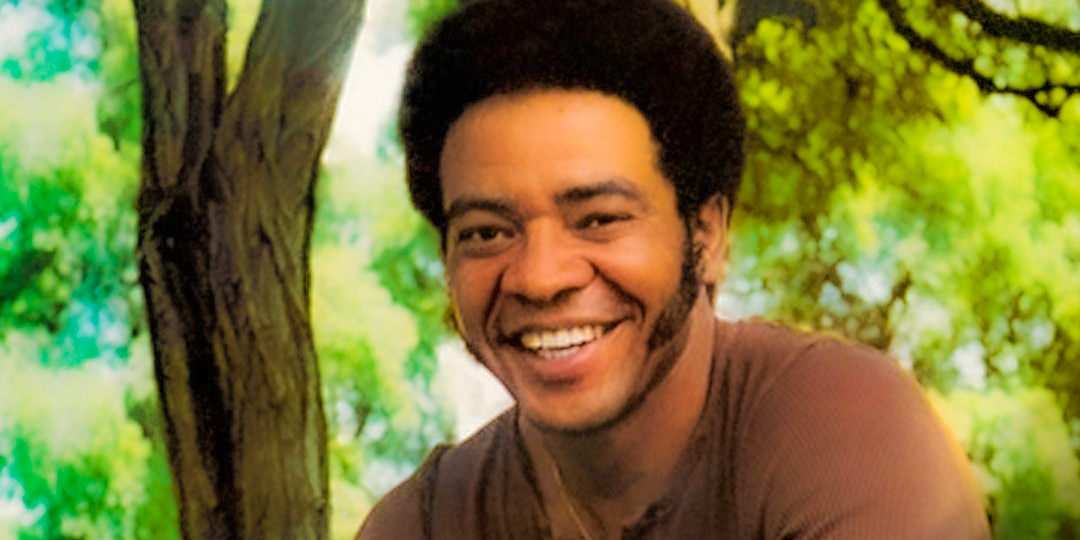Find out why #TheWorldlMostBeautifulMusic was successful in the Asian country
According to some estimates, the highest proportion of jazz fans in the world is in Japan and always with an adaptation that fuses jazz with Japanese culture in the United States, this is commonly called Asian-American jazz.
Original jazz music became popular in the 1920s in Japan thanks to overseas travel by American and Philippine jazz bands, having become acquainted with the music in their native country through the presence of the American occupying forces. During World War II, jazz was considered “enemy music” and banned in Japan. However, by then the genre had become too popular for a complete ban to succeed. Songs similar to jazz continued to be performed, sometimes of a strongly patriotic type, although these songs were generally called “light music”. After the war, Japan’s Allied Occupation (1945-1952) provided a new incentive for Japanese jazz musicians to emerge, as US troops were eager to hear the music they were listening to at home.
Between 1990 and 2000 Smooth Jazz triumphed in Japan at the same level as in the United States, being born as a subgenre of jazz, and specifically of jazz fusion, stylistically influenced by rhythm and blues, funk and pop. Although there were many radio stations representing the genre, now it is currently active Nonstop Casiopea Live.
Smooth Jazz in Japan is represented by artists such as:
Casiopea, also known as Casiopea 3rd, is a Japanese Smooth Jazz band formed in 1976 by guitarist Issei Noro, bassist Tetsuo Sakurai, drummer Tohru Suzuki, and keyboardist Hidehiko Koike. They recorded their debut album Casiopea (1979) with guest appearances by American jazz musicians Randy Brecker, Michael Brecker, and David Sanborn. Since then Casiopea has released more than 30 albums in Japan and worldwide.
Keiko Matsui, japanese composer and keyboard player in the Smooth Jazz / new age genre. Her career spans three decades, during which he has released twenty CDs and various compilations, being internationally recognized. She has a very spiritual vision of composing music, feeling each composition as if it were, in her words, “coming to me from another space, another dimension” and “picking up notes from the silence and then simply putting them together.” Matsui sees music as “the great gifts of the human souls of the past, for the children of the future.” She believes that music has the power to unite people and change their lives. “We are connected by music,” wrote Matsui, “as the ocean connects the continents.”
Kaori Kobayashi, saxophonist and flute player, composer, arranger and producer. To date, she has released 13 albums including the best album, a live DVD and two books that include scores from the live performance. His albums have been very successful in Taiwan, South Korea, China and Thailand. And in this last country he received in 2012 the title of “Asia’s most beautiful saxophonist”. He has also designed his own saxophone “Kaori Kobayashi model” in collaboration with Taiwanese saxophone maker T.K.Melody
Yutaka Yokokura, pianist, keyboard player, kotoist, arranger and composer. He has often mixed his Japanese heritage with his love for Brazilian music. In 1978 he recorded his debut album (Lovelight) for a Japanese label; its producers were Dave Grusin and Larry Rosen. After years of working in the studio, he recorded Yutaka for GRP in 1988. That project was followed by Brazasia, a CD that definitively summarizes Yutaka Yokokura’s music in its title.
Ryo Kawasaki, japanese guitarist and physicist. During the 1960s he played with various Japanese groups and also formed his own groups. In the early 1970s, he traveled to New York, where he settled and worked with great musicians, including Gil Evans, Elvin Jones, Chico Hamilton, Ted Curson, and JoAnne Brackeen. In the mid-1980s, Kawasaki momentarily stopped playing music to focus on developing computer software. He also produced several singles framed within techno dance, creating his own company, Satellites Records. In 1991 he returned to jazz. Thanks to its long and extensive experience, Kawasaki has the ease of moving freely between styles as different as hard bop and jazz rock.
Hidefumi Toki, japanese saxophonist, composer, arranger, producer who debuted at the age of 16. In 1974 he received the first Shinjuku Jazz Prize. In 1975, they released their first album “TOKI” with which they received several recognitions. In 1984, he was in charge of the music for the movie “The Rider / Reviving Hero”. And since he formed the group Chicken Shack in 1985, he has released 10 more albums.
Takeshi Itoh, nicknamed “TK” by his fans, (possibly because his first solo album from 1988, which is also titled “TK”), he is a Japanese saxophonist, lyricist, EWIst, keyboard player and flutist who is currently serving as a band T saxophonist. -Square. Itoh was the original T-Square saxophonist from 1978 to 1990, when he left the band and returned in 2000 with the leader, Masahiro Andoh as guitarist. Itoh and Andoh are the only original members of The Square / T-Square since their formation in 1978.
Monday Michiru, she is an American Japanese actress, singer, and songwriter whose music encompasses and fuses a wide variety of genres including Smooth Jazz, Dance, Pop, and Soul. She is a pioneer of the Acid Jazz movement in Japan in the early 1990s, but has created her own unique musical style that transcends the traditional definitions of the aforementioned genres. She is known in the music industry for releasing You Make Me.
Shunzo Ono, he is a Japanese trumpeter, composer, and arranger. In 1974 Ohno accepted Art Blakey’s offer and went to the United States. In 1984, he won a Grammy Award for his album Machito and His Salsa Big Band. Four years later, he also won the Live at Sweet Basil. In 2014, he became the first Japanese jazz artist to win the Grand Prize of the International Songwriting Contest for his song “Musashi”.









